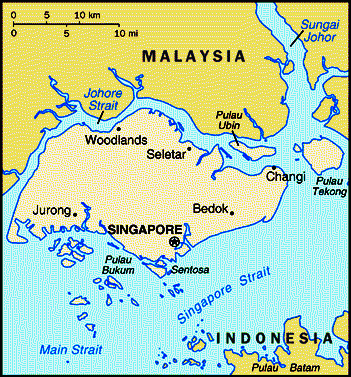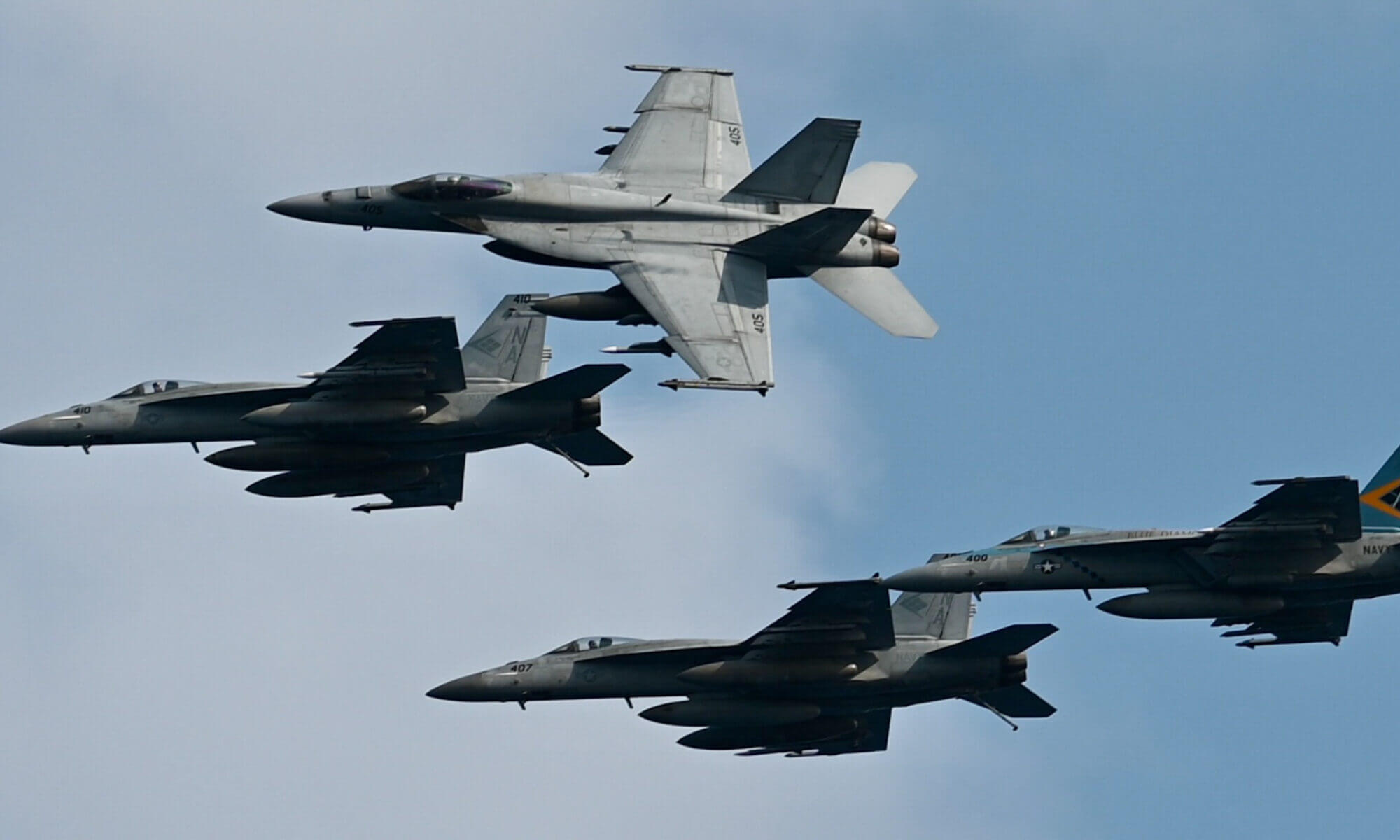
Introduction
Singapore’s new Prime Minister, Lawrence Wong, delivered a powerful and sobering address in response to the U.S. administration’s sweeping tariffs. His message? The global economic order is unraveling — and with it, the maritime stability that underpins global commerce. For Americans who care about a stronger U.S. Navy, this should be a wake-up call.
A Fracturing World Order
Prime Minister Wong described today’s world as “uncertain, unsettled, and increasingly unstable.” He warned that we are leaving behind decades of rules-based globalization and entering an era of protectionism and arbitrary decision-making — a world where trade flows not by efficiency but by political alignment.
Singapore Is No Stranger to the U.S.
The Prime Minister expressed deep disappointment in the U.S. decision to impose blanket tariffs — including on Singapore, a trusted trading partner that actually runs a trade deficit with the U.S. “These are not actions one does to a friend,” Wong said, highlighting that Singapore maintains a free trade agreement with the U.S. and poses no economic threat.
Why Americans Should Care
Singapore isn’t just another country voicing concern. It’s one of our most reliable naval partners in Southeast Asia. The U.S. Navy regularly docks, refuels, and rotates through Singapore’s ports.
As Derek Grossman, Senior Defense Analyst at RAND, points out: “Singapore, as a de facto security ally short of formal treaty status, quietly continues to provide the United States with access to the Changi Naval Base on the strategically critical Strait of Malacca that connects the Indian and Pacific Oceans.”
Singapore also participates in joint exercises and supports regional security initiatives—even while choosing to remain outside formal groupings like the Quad and AUKUS. If economic policy strains these ties, the Navy’s logistical reach and diplomatic influence could suffer. In a time of growing maritime tension in the South China Sea, that’s a risk we cannot afford.
Implications for the U.S. Navy
The speech underscores a vital truth: economic policy and naval strategy are inseparable. As trade routes fracture and economic alliances shift, the Navy must step up as a stabilizing force. That means more than deterrence — it means diplomacy, presence, and partnership-building. Without trust, access, and cooperation, even the strongest fleet can be left stranded.
A Voice from the Pacific
Wong’s speech could have come from a naval strategist. He warned that once tariffs go up, they rarely come down. He invoked the 1930s Smoot-Hawley Act — a move that deepened the Great Depression and contributed to global instability. Today, similar actions threaten to tip not just the U.S., but the world, into economic and geopolitical turmoil.
What America Needs to Know
The U.S. Navy doesn’t operate in a vacuum. It patrols, protects, and partners — all of which require strong relationships abroad. As allies like Singapore feel the heat of economic nationalism, America must find a way to compete with China without burning bridges. That means balancing economic interests with global leadership.
Closing Thought
Prime Minister Wong closed with a rallying cry for unity and resilience. Americans for a Stronger Navy echoes that call — because we believe the U.S. Navy must be ready not just for war, but for peacekeeping, partnership, and protecting the sea lanes that keep our economy — and our allies — afloat.
A Note on Our Perspective
At Americans for a Stronger Navy, our mission is nonpartisan. We do not take sides in political debates—we advocate for policies that strengthen the U.S. Navy, preserve vital alliances, and ensure maritime stability. This post is not a critique of any administration, but a call to recognize the strategic consequences of economic decisions on national security.
For more insights like this, sign up for our free educational series at StrongerNavy.org.

